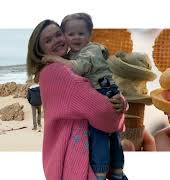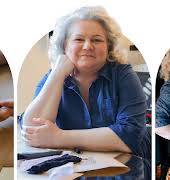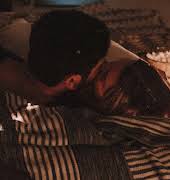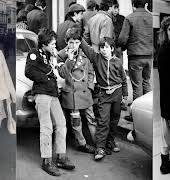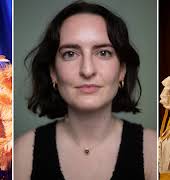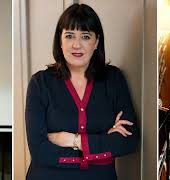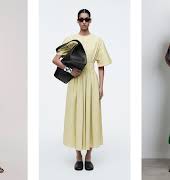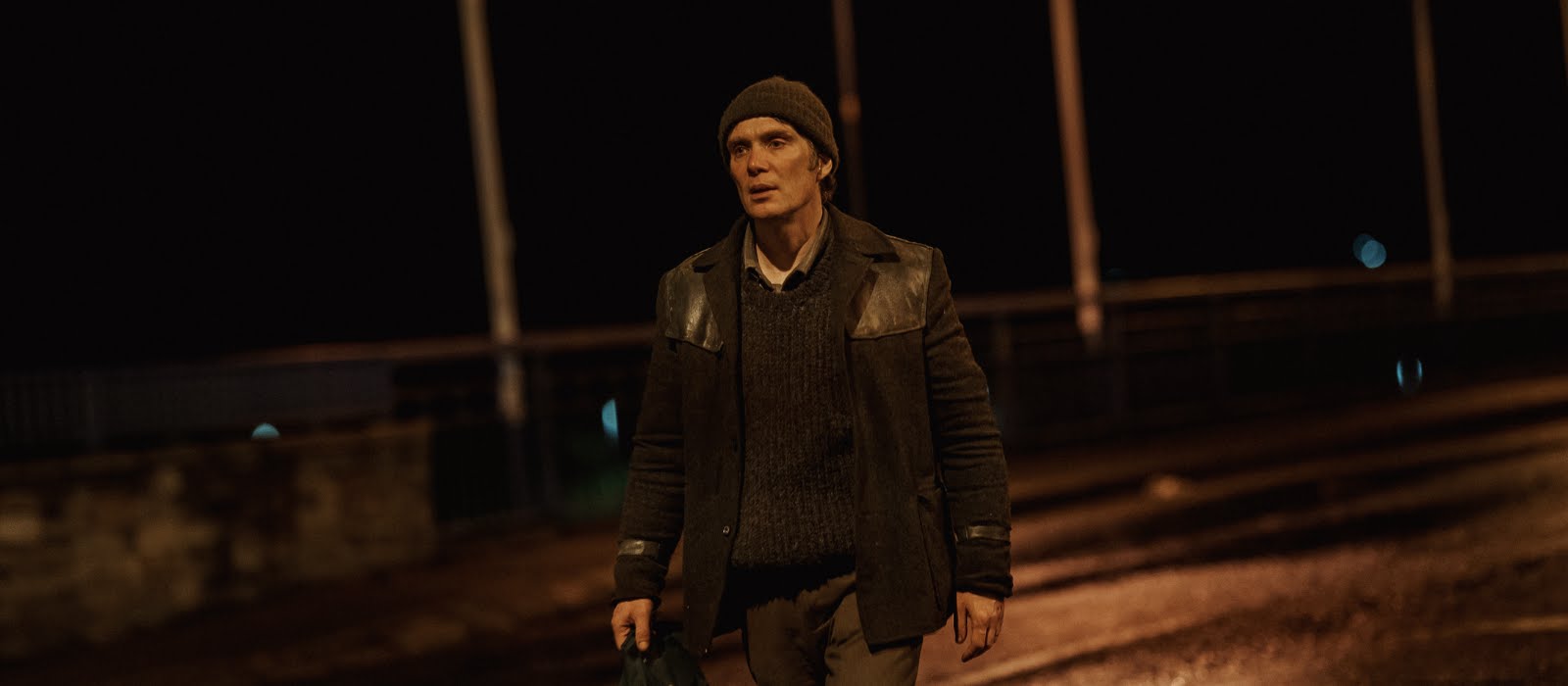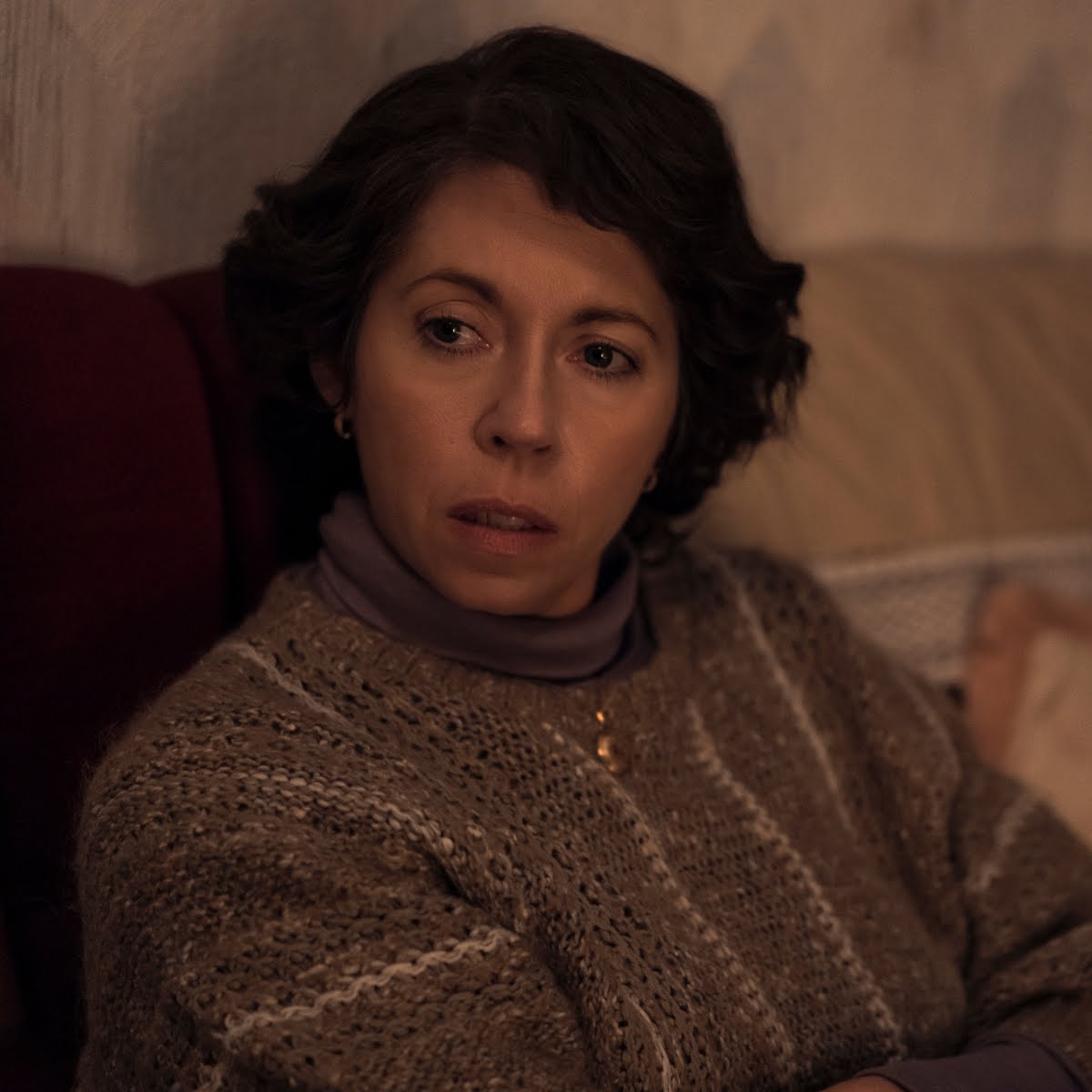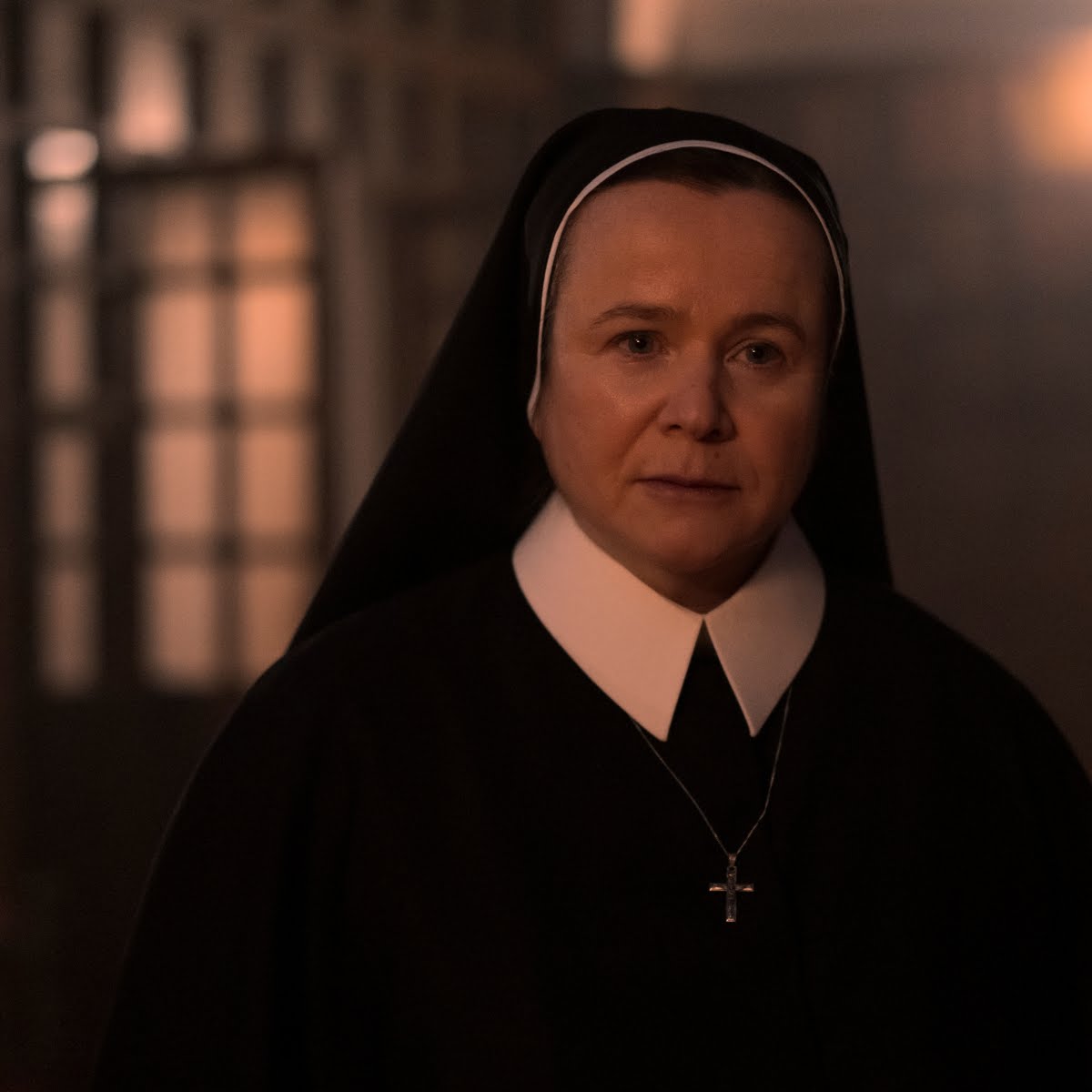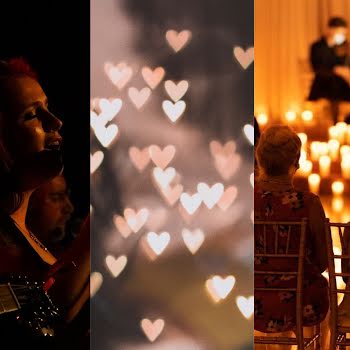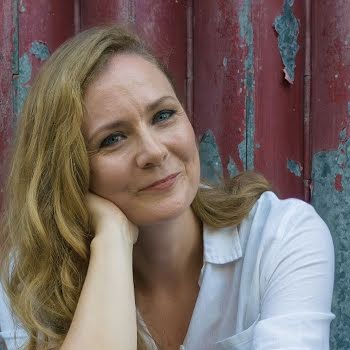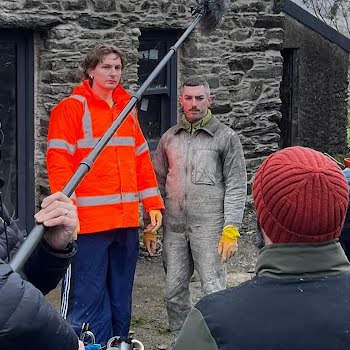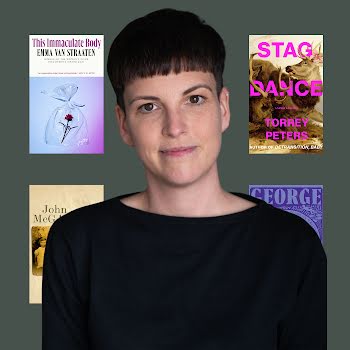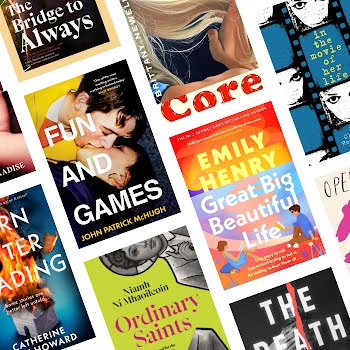Small Things Like These: A necessary reminder of Ireland’s shameful past
Dedicated to the more than 56,000 young women who were sent to Magdalene institutions for “penance and rehabilitation” between the years 1922 and 1996—and the children who were taken from them—the big screen adaptation of Claire Keegan’s Small Things Like These is incredibly poignant.
Trying to top the success of Oppenheimer, for which he won his first Academy Award, was always going to be a challenge for Cillian Murphy. While Small Things Like These is unlikely to achieve the same box office numbers, he delivers another career-best performance as Bill Furlong; a coal merchant working to support his family who discovers disturbing secrets kept by the local convent. Haunted by his own past and the moral dilemma posed by complicit silence, he is at once thoughtful and tormented – expressing that which is often difficult to say not in dialogue, but in pensive, faraway looks. He is king of the facial expression, after all.
As it turns out, Murphy was very much the driving force behind bringing this project to the big screen. “I think it came about because I fell in love with the book. I very much wanted to play the part. And so, I thought, well the best thing to do then is to see if Claire will give us the rights and to see if we can put a team together,” he explained. Murphy came on board as producer, enlisting Alan Moloney – also as a producer – and later bringing the idea to Artist Equity (AE), Matt Damon and Ben Affleck’s company. “We all fell instantly in love with it. It’s such a simple story, but so profoundly moving at the same time. And we saw the passion that Cillian and his producing partner, Alan Moloney, had for making this. Honestly, we felt lucky it came to us,” said Drew Vinton, a producer at AE. Screenwriter Enda Walsh, a longtime collaborator of Murphy’s, was the final piece.
The second time that one of Keegan’s novels has been reworked for the silver screen—in 2022, her novel Foster was adapted into An Cailín Ciúin (The Quiet Girl), which made Irish history as Ireland’s first international film nomination and the first Irish-language film to be nominated for an Academy Award —neither Murphy nor Walsh were phased by the pressure. Nor were any of the cast for that matter.
Speaking to IMAGE.ie about what drew her to the role of Eileen Furlong, Eileen Murphy simply said, “It seemed to be in my DNA.” “The character was so close to me and my history and my own mother and her sisters. I felt like I knew her inside out and it felt important to play all of that history, all of that knowledge, as best I could.” Also having starred as Crispina in the 2002 film Magdalene Sisters, Eileen said it was interesting to revisit this period from a different perspective. “[In Magdalene Sisters I was playing inside the wall as it were]… Mentally, [Crispina] was about 12, so she was able to handle it like a child could handle an unquestionable situation; it’s just what was the norm for her. Playing Eileen, on the other hand, [she’s] somebody who was fully aware. Fully aware and choosing to ignore for the family, for the need to push on and survive. So, it was two very different approaches to it. You know, both wonderful experiences as an actor, but yeah, both very, very different sides of history.”
Emily Watson, who plays the formidable Sister Mary, agrees, admitting it was “an amazing thing to be part of”. However, despite not growing up in Ireland – she hails from London – she became aware of what was happening as the story seeped out into the international press. “I didn’t grow up with a history of that at all, but I am no stranger to being in that kind of environment myself for very different reasons, and I knew to my core what it felt like to have somebody control what the truth is and to have that very strong sense of injustice at young lives being appropriated.”
“It was a brilliant piece of writing, really,” Watson continued. “And just the challenge of it, the thrill of it – to go on the dance floor with Cillian Murphy for this, you know. With no kind of build-up to the character, no sort of small incidental, ‘let’s get to know you’ scenes, we’re just bang in there. And with this long scene where we don’t really talk about anything. Nothing is overt, but it is somebody exercising their very subtle power.”
For all its heavy subject matter, it’s a surprisingly uplifting film (though don’t wear mascara to the cinema and do have the tissues handy). In an interview with The Guardian, Claire Keegan said that the novel isn’t “about” the Magdalene laundries, describing it rather as “a story about a man who was loved in his youth and can’t resist offering the same type of love to somebody else.” In her mind, it’s a story about love. Do Emily and Eileen agree?
“I think that’s a really beautiful distillation of what [Claire’s] work is,” says Watson. “He’s been given the gift of life and kept with his mother and given a home and given love and somebody saying, ‘I see you for who you actually are, and there is no shame in who you are.’ And that is an irrepressible, beautiful fact of who he is. It sets him free.” Walsh concurs. “He feels so compelled to do the right thing for himself. You know, one of the last lines of the novel is that he walks down the road with a joy he has never felt before, even in the birth of his children. He has never felt this joy before, except for now, for doing the one right thing. Claire Keegan is a genius, and the fact that she says it’s about love is amazing, because all of Enda Walsh’s work is only ever about love, and so it makes sense that he was the one to adapt it.”
When I graduated from NUIG in 2018, Catherine Corless – the local historian whose painstaking research brought news of the mass grave in Tuam to global attention – received an honorary doctorate that same day. In her introductory address, Professor Caroline McGregor said: “The history of the present, in any given moment, tells us a great deal about our society, culture, values, our strengths and our weaknesses. And the history of this present is forever shaped by our knowledge of what has happened in the past.” That day, Catherine Corless reminded me of the importance of the past – just as Claire Keegan, Eileen Walsh, Emily Watson and Cillian Murphy have done with this film.
Small Things Like These is a triumph and a necessary reminder of Ireland’s shameful past.
Small Things Like These opens in Irish cinemas on November 1. You can watch the trailer below.

